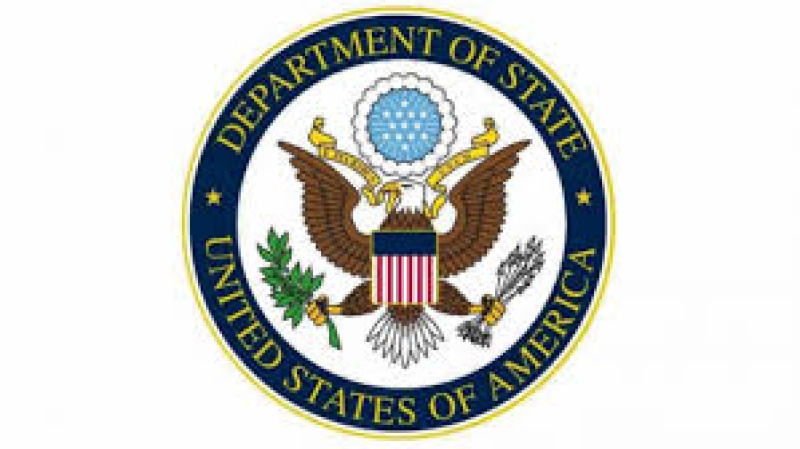- UAE Suspends Visas for Bangladesh, Eight Other Nations |
- Young disabled people of BD vow to advocate for peace |
- World Leaders Urged to Defend Human Rights and Justice |
- Vegetable prices remain high, people buy in small quantities |
- Off-season watermelon brings bumper crop to Narail farmers |
US Outlines Eight Key Steps to Boost Bangladesh’s Fiscal Transparency

The United States has released a detailed set of recommendations urging Bangladesh to take stronger measures to ensure fiscal transparency, particularly in how public funds are managed and how contracts for natural resource extraction are awarded.
In its 2025 Fiscal Transparency Report, published on 19 September, the US Department of State assessed Bangladesh’s current practices and highlighted areas where reforms have already begun under the interim government, as well as eight critical steps that could significantly improve transparency going forward.
According to the report, one of the most notable changes by the interim government has been its decision to make all natural resource procurement fully open and transparent, suspending all direct negotiations that were initiated or carried out by the previous administration. This move, Washington noted, represents a significant step towards accountability and fairness in a sector that has historically been opaque.
Shortcomings Identified
The report also outlined several gaps in fiscal transparency during the review period. It noted that Bangladesh’s supreme audit institution had not fully met international standards of independence. While the institution did release some summarized audit findings within a reasonable timeframe, its oversight lacked the depth and autonomy necessary to strengthen accountability.
Similarly, the end-of-year budget report was not made publicly available within a reasonable period, and some budget documents did not fully conform to internationally accepted principles. Although information on public debt obligations and state-owned enterprises was accessible, the government did not provide a complete breakdown of expenditures, particularly for executive offices.
Eight Recommendations for Bangladesh
To address these shortcomings, the US State Department put forward eight recommendations aimed at bolstering fiscal transparency in Bangladesh:
Publish the end-of-year financial report within a reasonable period.
Prepare budget documents according to international standards.
Break down executive office expenditures clearly in the budget.
Provide a complete picture of revenues and expenditures in the budget.
Ensure audit independence, giving the supreme audit institution adequate resources and timely access to the full annual budget.
Publish comprehensive audit reports with findings, narratives, and recommendations.
Make information on natural resource contracts fully public.
Release details of public procurement contracts in a timely manner.
Reform Efforts Underway
The report acknowledged that the non-political interim government, which took over from the previous administration, has generally adhered to budgetary procedures while introducing reforms to increase transparency. The government has already made the executive budget proposal and enacted budget publicly available, including online, and has initiated reforms in procurement.
The Department of State stressed that fiscal transparency is not just a matter of good governance; it is a foundation for economic stability, accountability, and global market confidence. Transparent systems, it said, ensure better use of public funds, foster trust in governance, and create a level playing field for US and other foreign businesses operating in Bangladesh.
Global Context
Bangladesh is one of 140 governments and entities reviewed in the 2025 Fiscal Transparency Report. Of these, 71 met the minimum requirements, while 69 fell short. Encouragingly, 26 of the governments that failed to meet the threshold nevertheless made significant progress toward improving transparency.
In line with US law, the annual review also evaluates how governments use foreign assistance, ensuring that US taxpayer funds are appropriately safeguarded. For Bangladesh, the recommendations underscore a path toward aligning its financial practices with international norms, strengthening accountability, and deepening trust with international partners.

